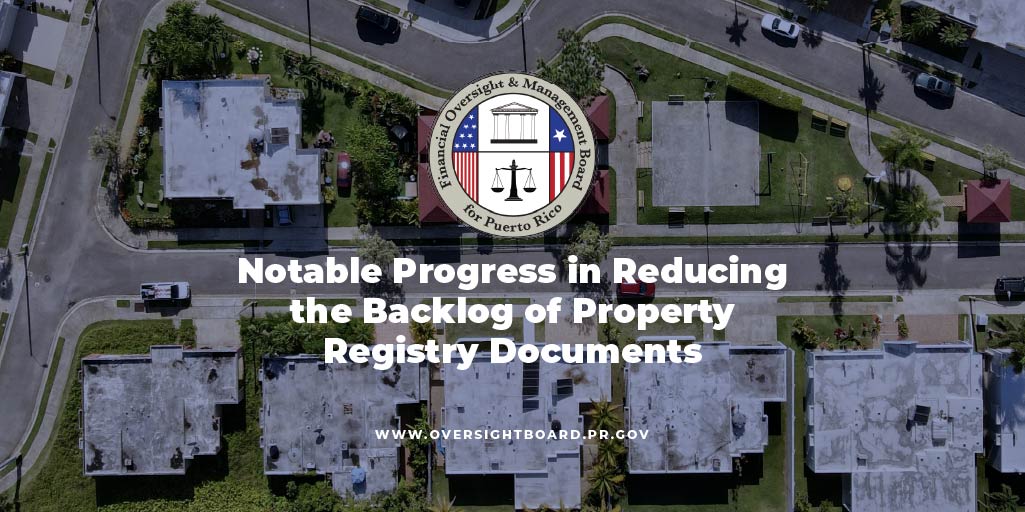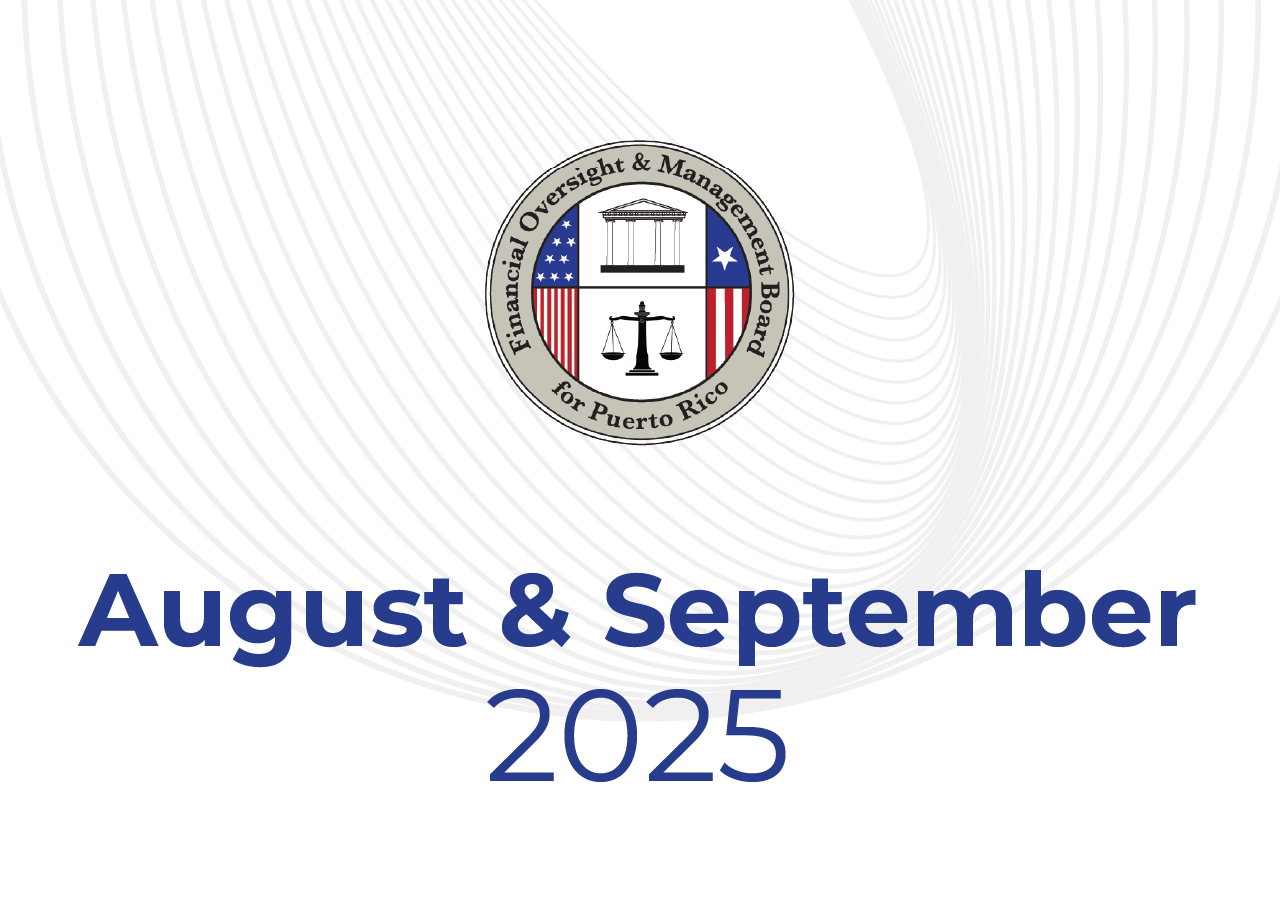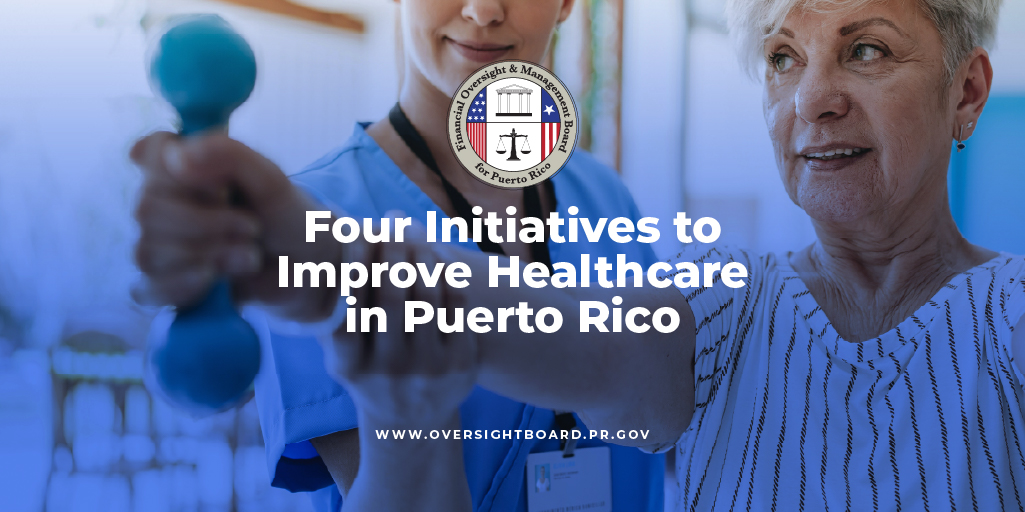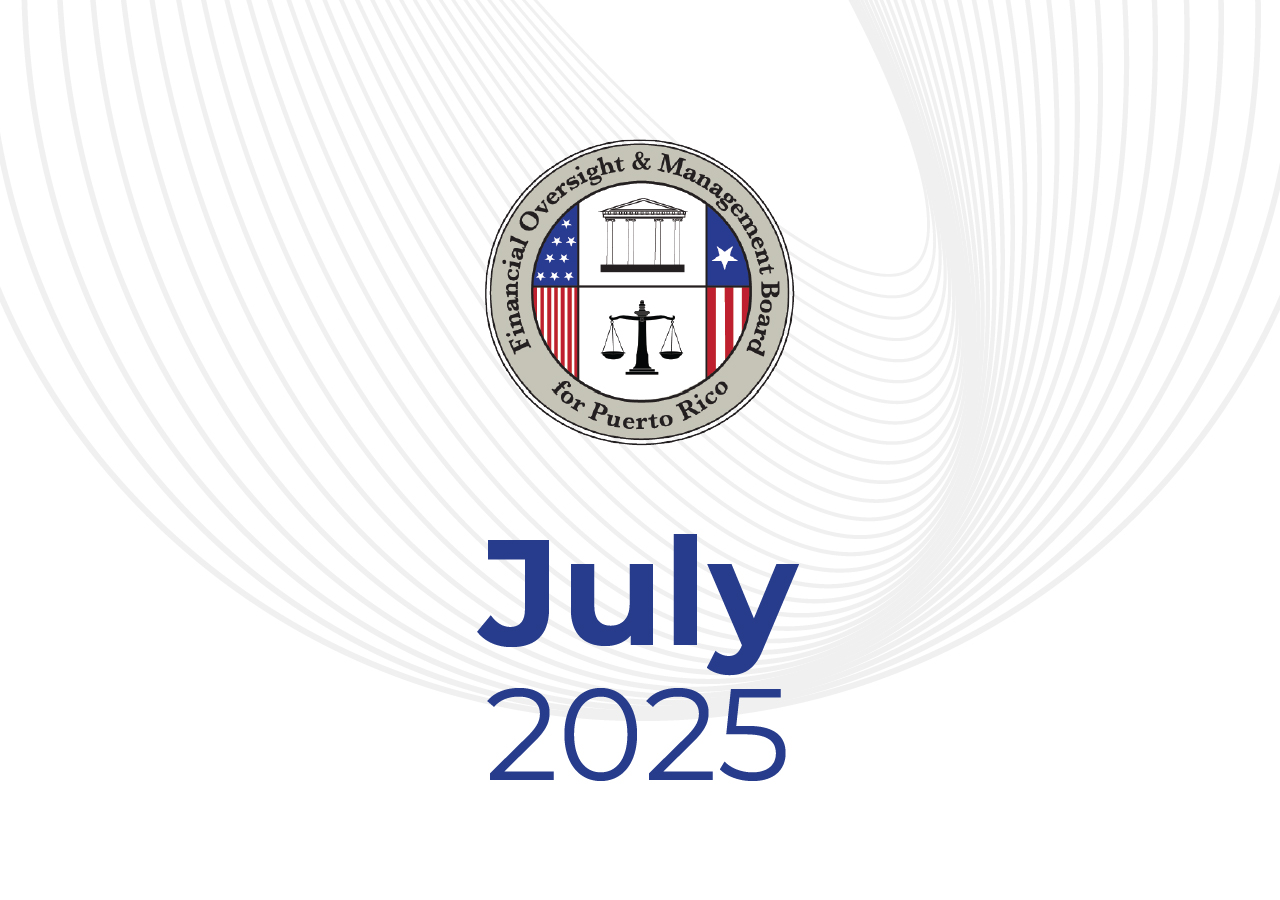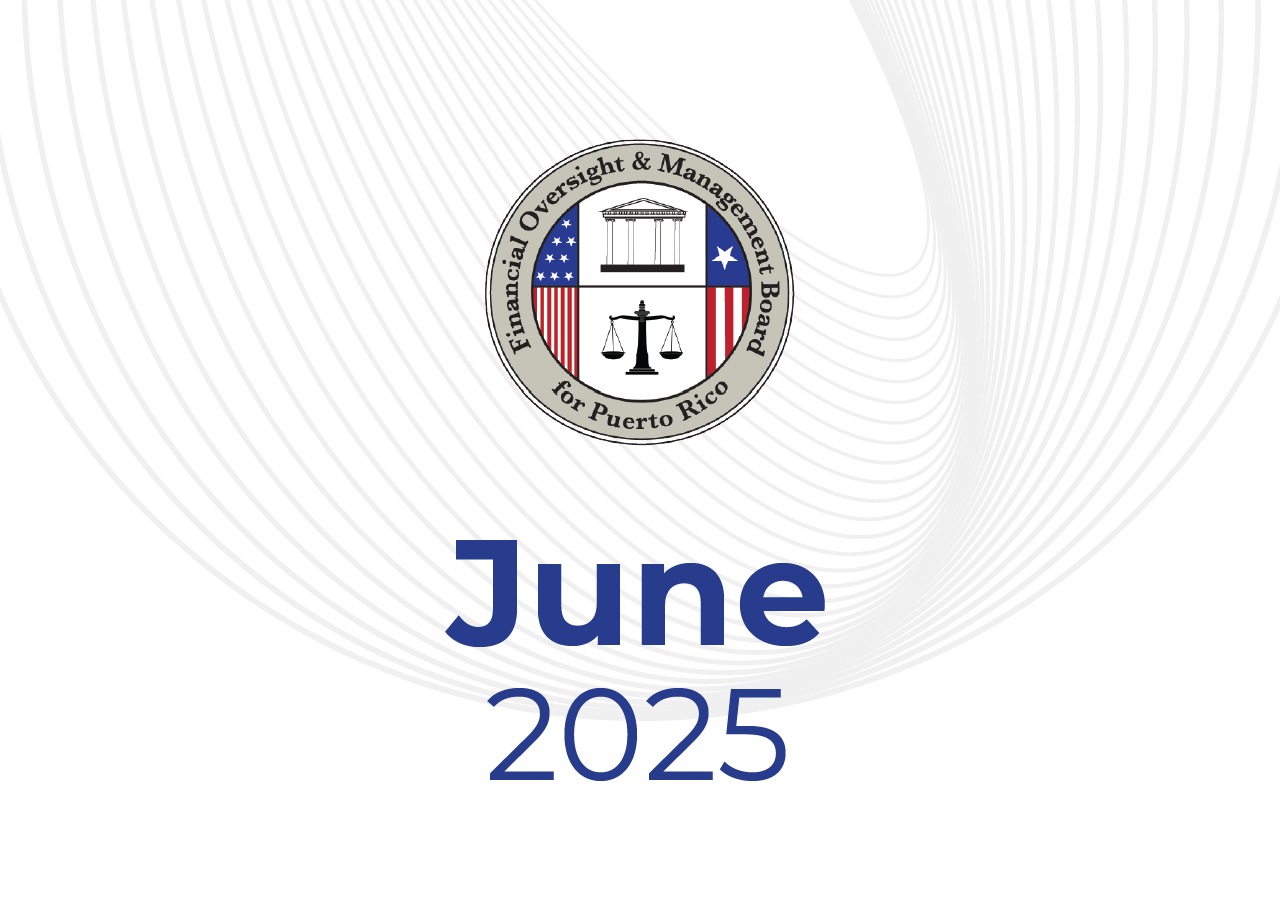Buying a property is a big step in every home or business owner’s life. Making sure the property is properly registered in a timely manner may seem like a formality but is actually one of the most important steps in the process. Proper registration is required for property owners to prove and exercise their rights. Registration documents ownership, which is particularly important when filing a claim after a natural disaster, for example. Maintaining clear documentation of ownership also encourages investment as it makes investors feel more secure. Additionally, proper registration records help municipalities to determine the rightful owner of vacant properties.
The Property Registry of Puerto Rico, which sits under the Department of Justice (DOJ), manages this system that records property rights. The DOJ is charged with documenting and publicizing information related to real estate transactions and provides visibility into any existing liens and other relevant information about properties on the island.
The Financial Oversight and Management Board for Puerto Rico and the DOJ recognize the criticality of maintaining accurate and timely property registration records and have been working together to reduce the backlog of 419,000 outstanding documents that were reported at the Property Registry in 2019. As of July 2023, that backlog was reduced by more than half, to approximately 208,000, thanks to the inter-agency effort led by the DOJ.
University of Puerto Rico students were a major part of this accomplishment. The program to tackle over 400,000 documents pending registration included a work-study program of 20-40 graduate and non-graduate UPR students at a time who have been working at the DOJ since 2020
The Oversight Board’s 2023 Annual Report details the DOJ action plan to comply with the target established in the Fiscal Plan for Puerto Rico to eliminate the backlog by June 2025. The Fiscal Plan requires the Government to implement property registration reforms to ensure that all residents and businesses in Puerto Rico can quickly and reliably document property rights, which is crucial for day-to-day business operations of the property market.
At the projected rate in the action plan, DOJ’s backlog should decline by 7,200 documents a month to achieve the Fiscal Plan goal. The DOJ is working on various initiatives to enable and sustain this increased backlog reduction rate, including hiring of technicians, increasing the number of UPR interns, and introducing accountability measures. The DOJ has already reduced average registration timeframes from 190 days in 2020 to fewer than 90 days today. New registrations (excluding backlog cases) average 15 days to process.
The Oversight Board focused on improving the efficiency of the Property Registry due to the property market’s direct impact on the business environment and economic development, as noted by the World Bank and other international organizations.
A well-functioning and efficient registration process encourages investments that increase the value of properties and facilitate entrepreneurial activity. Having an effective property registry system in place also provides individuals and businesses the right to use and build upon their resources within the legal system.
Successful property registration reforms will position Puerto Rico to better compete with U.S. states focused on attracting manufacturing. These same reforms will also improve Puerto Rico’s competitiveness vs. other top-ranked Latin American and Caribbean countries by shortening the time to complete registration.
Efficient property registration is one of the components of the Ease of Doing Business structural reform required by the Fiscal Plan to support economic development and restore opportunity and prosperity to the people of Puerto Rico.
Read more about the Oversight Board’s work and milestones reached in its 2023 Annual Report.

